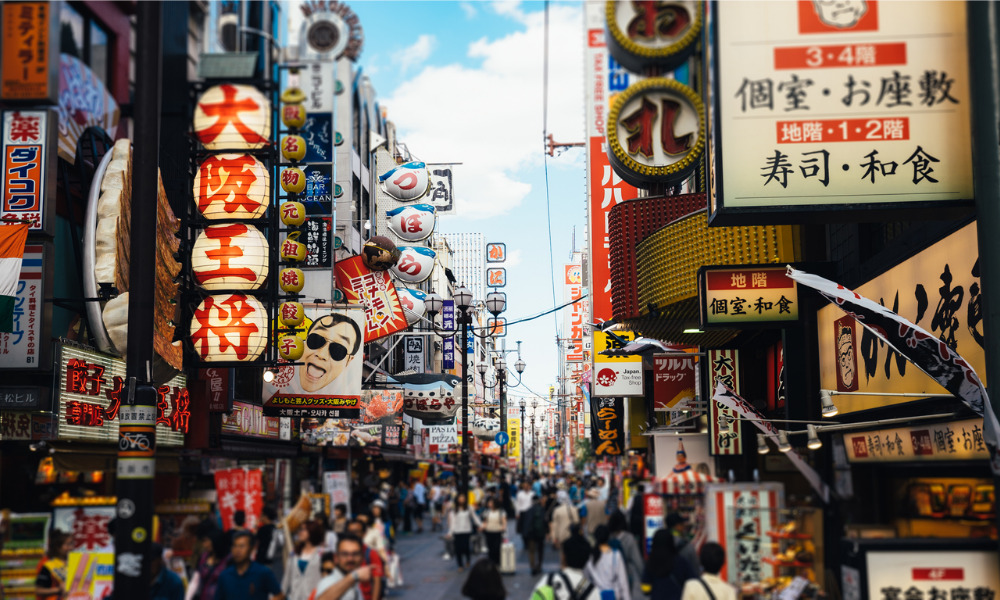
11-hour rest intervals, expanded four-day workweek, and improved flextime proposed

Japan is being urged to consider various workplace reforms in a bid to improve the working conditions for national government employees, according to local media.
The Japan Times reported that an expert panel of the National Personnel Authority is proposing the introduction of 11-hour rest intervals, expansion of flextime, and the expanded eligibility for the selective four-day work week.
The proposed rest intervals would be carried out between the end and start of work for all national government employees, according to the report.
The scheme should be piloted first after research on the current situation, before it is expanded to all officials in principle, the proposal said.
The agency will look into revising related laws on working hours as it considers the proposed measure, according to The Japan Times report, as the proposal stressed that it is the government's responsibility to ensure that rest intervals are effective and stated clearly in the law.
Meanwhile, the report also called for the expansion of Japan's flexible working scheme that allows workers to choose the duration, as well as the start and the end time of their shifts.
Under the report, it called on the government to expand the scheme to part-time and non-regular employees, according to The Japan Times.
An expansion for the eligibility of the four-day work week is also sought to include all employees.
Japan's four-day work week is only available for employees who are raising children or providing care for relatives, but the report outlines a proposal that will make it possible for all workers to opt for the shorter work week, according to The Japan Times.
Meanwhile, the proposal added that the government should present a "uniform standard" for remote work, where employees should be permitted to do it if it does not interrupt business operations, the report said.
The proposal came as Japan's employees suffer from long working hours, with one-quarter of organisations there requiring staff to work over 80 hours of overtime monthly, CNBC reported, citing government data in 2016.
There is a growing demand, however, for more flexibility and better working conditions across Asia and the world. In Singapore, a Qualtrics research revealed that 64% of full-time employees want to have flexibility in the workplace.
A Milieu Insight report also released last year revealed that employees Singapore, Thailand, Malaysia, Indonesia, Vietnam, and the Philippines prefer rendering 10 hours a day for four days a week.